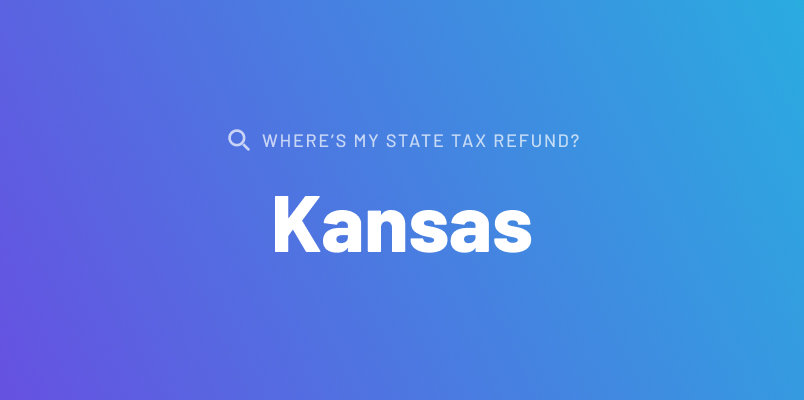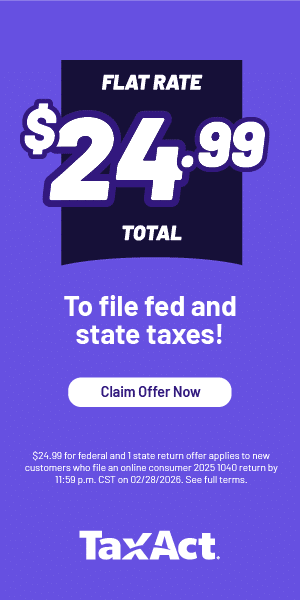Find more information about your Kansas state income taxes below. Check your filing and refund status for any state.
Where’s my Kansas tax refund?
Check your Kansas refund status using these resources.
State: Kansas
Refund Status Website: Check my state tax refund status
Refund Status Phone Support: 785-368-8222
Email Tax Support: kdor_tac@ks.gov
Online Contact Form: Contact Kansas Department of Revenue
2025 Kansas State Tax Filing Deadline: April 15, 2026
Note: The system is updated daily, but it can take a day or two for results to be posted. If you don’t see your refund information, wait 24 hours and try again. If you e-filed your Kansas return, you can generally expect to have your state refund deposited within 10 to 14 business days (16 to 20 weeks if you filed on paper and elected to receive your refund by mail).
FAQs
Kansas state tax brackets
Like many others within the United States, the state income tax brackets for Kansas vary depending on a taxpayer’s income level and filing status:
| Taxable Income – Single, Married Filing Separately, or Head of Household | Taxable Income – Married Filing Jointly | Tax Rate |
|---|---|---|
| $0-$23,000 | $0-$46,000 | 5.2% |
| Over $23,000 | Over $46,000 | 5.58% |
If you need more information on how federal tax brackets work you can use our federal tax bracket calculator.
Kansas state tax deductions and exemptions
Kansas residents can itemize deductions on their state returns only when they itemize deductions on their federal tax returns. A popular deduction is by calculating mileage for reimbursement.
Standard deductions are also available, but are different for each filing status:
| Filing Status | Standard Deduction |
|---|---|
| Single | $3,605 |
| Married Filing Jointly | $8,240 |
| Head of Household | $6,180 |
As of tax year 2025, residents of Kansas can also claim a personal exemption of $9,160 for those who file as single, head of household, or married filing separately. Those married filing jointly can claim a personal exemption of $18,320. In addition, you can claim a personal exemption of $2,320 for each dependent that qualifies for a federal deduction. Certain disabled veterans can claim an additional Kansas exemption of $2,320.
Where’s My State Refund? Check Your Filing Status in Every State.
This article is for informational purposes only and not legal or financial advice.
All TaxAct offers, products and services are subject to applicable terms and conditions.





